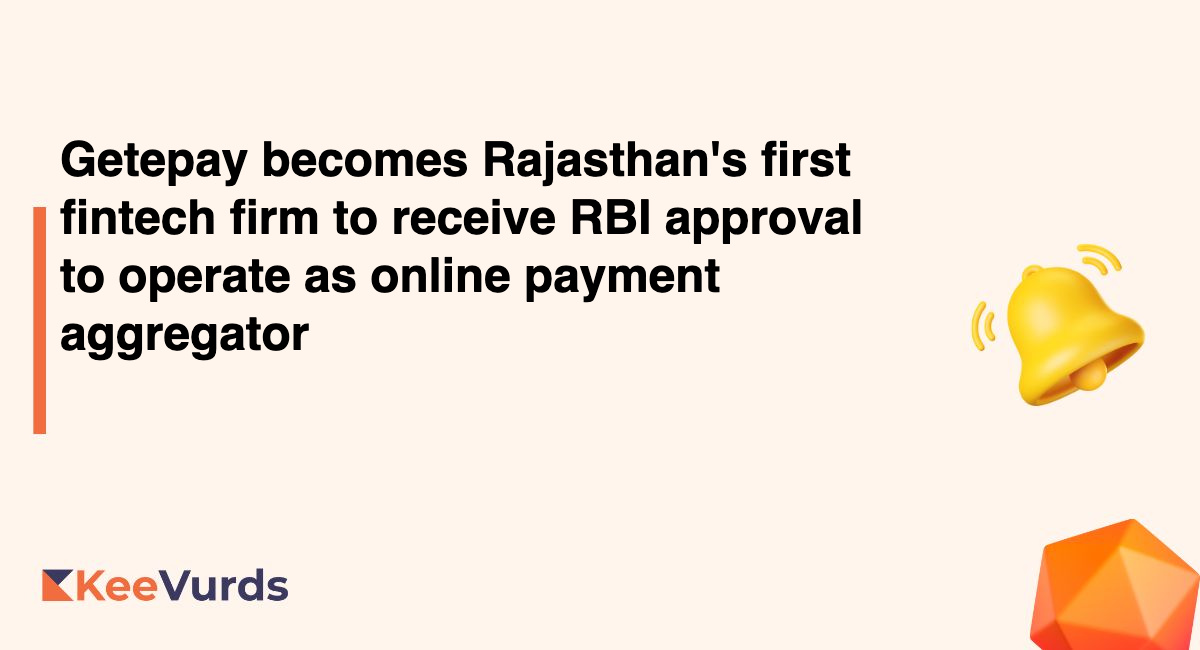The Reserve Bank of India (RBI) has announced its plans to expand the use cases of Central Bank Digital Currencies (CBDCs) based on the findings of its pilot projects.
The RBI has been exploring the use of digital Rupee or CBDCs for the past quite some time and is now ready to take the next step in the development of the technology.
CBDCs are digital versions of traditional fiat currencies issued and backed by central banks. They have the potential to improve the efficiency and accessibility of financial systems, as well as provide a new avenue for central banks to implement monetary policy.
However, the adoption of CBDCs also raises questions about financial stability, privacy, and the potential for the disintermediation of traditional financial institutions.
The RBI has been conducting pilot projects to assess the feasibility and potential benefits of implementing a CBDC. The central bank has not yet disclosed the specific use cases it is considering for CBDCs, but it is likely that the expansion will build upon the lessons learned from the pilot projects.
The RBI’s announcement follows a trend among central banks around the world to explore the use of CBDCs. The People’s Bank of China has been testing its own CBDC, the Digital Currency Electronic Payment (DCEP), in several cities, and the European Central Bank is also considering the potential of a digital euro.




